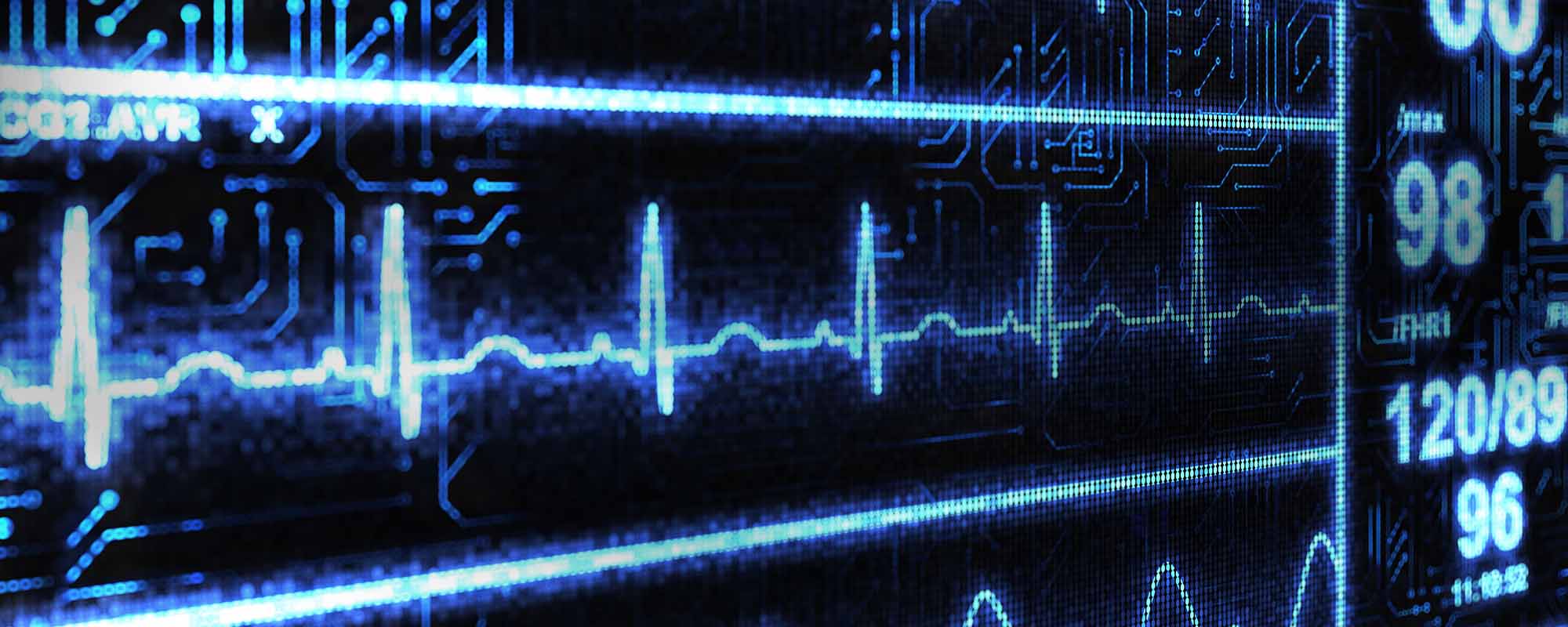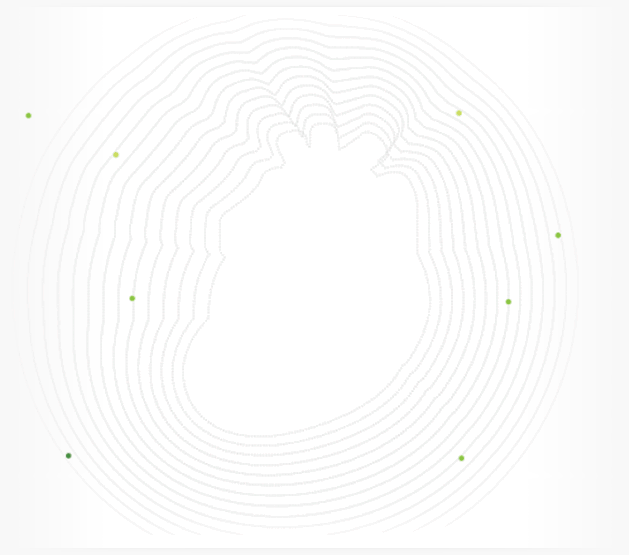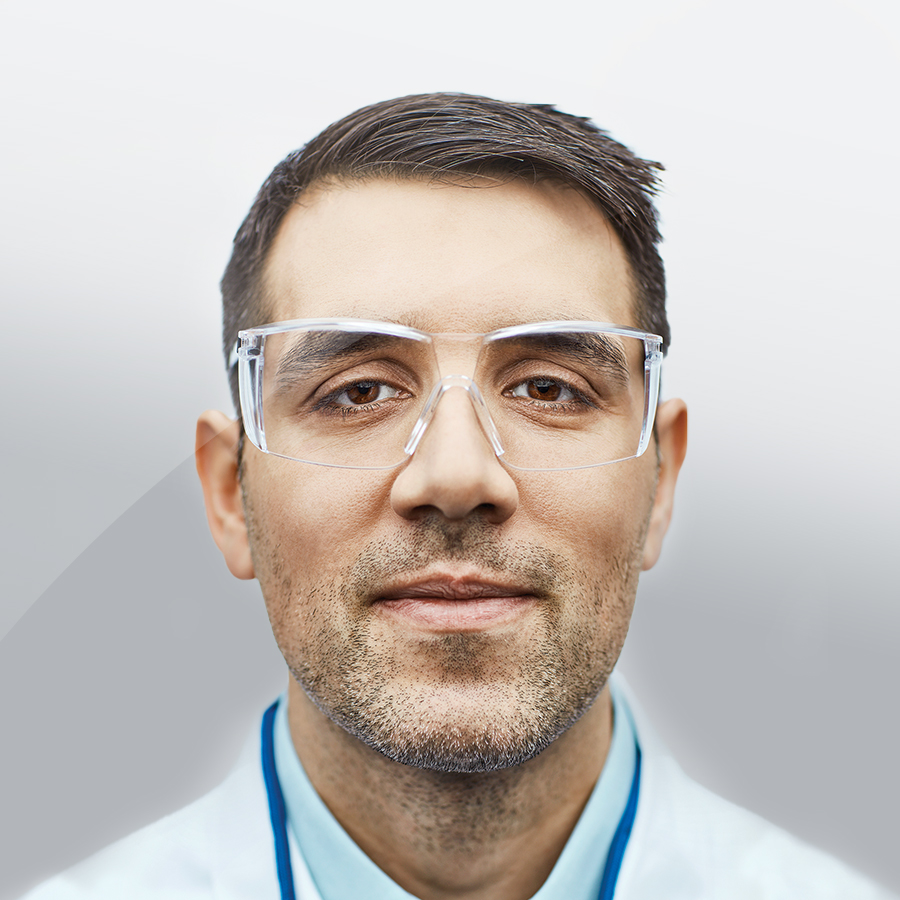The Latest Innovations
Researchers have made remarkable strides in treating heart disease. The future is even more promising, with 200 new heart disease and stroke medicines in development, all of which are in clinical trials or undergoing regulatory review.
Among the medicines is a treatment for patients with coronary artery disease, type 2 diabetes and low levels of high-density lipoprotein (HDL, or “good” cholesterol). The medicine is an inhibitor of the BET (bromodomain and extra-terminal) protein. It is thought that the inhibition of BET can produce specific biological effects that can provide health benefits to these patients and reduce the incidence of adverse cardiac events. Another possible treatment is a nonviral gene therapy that targets a tissue repair and regeneration pathway in the body. This pathway promotes cardiac function, cell survival and the repair of injured heart tissue.
Additionally, researchers are making progress in how stroke is treated. Currently, there are 23 medicines in development specifically to help combat the disease. One of the more novel treatments being tested is one that reverses brain damage suffered from a stroke. The approach uses a combination of a variant of human activated protein C and human stem cells. It is administered to patients within a few hours of having an ischemic stroke. The transplanted stem cells mature into neurons and other brain cells, helping reverse any damage caused by the stroke. As more and more treatments in the pipeline are first of their kind, researchers are significantly changing the face of medicine. Again.





